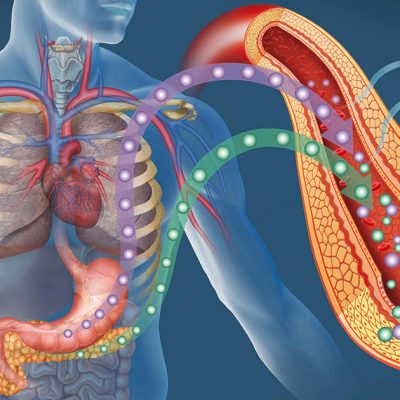In the quest for weight loss, the diet industry puts a lot of attention on what you eat. But, why you eat may be more important.
We all have a pretty good idea of what we should eat. Most people have no problem categorising foods into healthy and non-healthy lists.
But ask someone why they eat and the answer you usually get is “hunger.” Unraveling the true reason beneath the pre-emptive response of “hunger” may take a little detective work.
Here’s are a few things that might be lurking beneath what you call hunger. Keep in mind that the categories can overlap and coexist!
1. Learned Behaviour
Some people learn behaviours at an early age and never question them. A good example is milk and cookies at bedtime or a larger than usual meal on Sunday nights.
Learned behaviors are rarely thought about. You simply do them almost unconsciously. However, the kilojoules still count!
2. Availability of Food
You ate a satisfying breakfast. You didn’t feel hungry at all. Then, someone brought sausage rolls to work. You did not even like the type of sausage rolls that appeared… but… well… they were… there.
Availability of food can be a real quagmire along the weight loss route, especially in the Australia where food is abundant and relatively inexpensive.
3. Emotional Eating
Emotional cravings for food may be chemical. For example, when the brain needs serotonin, you may experience carb cravings.
At other times, unpleasant emotions may be diluted, softened or dulled by food intake. Feelings like anger, resentment, frustration, guilt and lack of esteem are often targets for narcotization via overeating.
Even emotion we think of as desirable can be so intense, food may be used to dull the feeling back into a manageable or tolerable level. Prime emotions for this type of eating are joy, happiness, desire, elation and excitement.
Another possibility, the ingestion of too much food may substitute for a lack of feeling. A good example of this is when you are bored and eat. Before long, you have lots of feelings that weren’t present before: self-hatred, humiliation, shame, etc. but you aren’t bored and you don’t feel empty anymore.
4. Habits
A habit is a stable behaviour formed through repetitive action. Many people ask how this is different than learned behaviour. The difference is that learned behaviours are learned from other people, usually your family, and have a long history.
Habits are formed by you and can be formed at any time. Just as bad habits can be formed, so can good habits.
5. Social Eating
It is rare to socialise in any way today in Australia without the involvement of food. Watching a football game at a neighbour’s house, meeting friends you haven’t seen for a while – these things don’t need the involvement of food but it usually becomes an integral part of any social plan. This often intersects with availability of Food.
It might be wise to occasionally ask yourself if you are really hungry or just eating because it seems the acceptable and expected thing to do.
6. Environmental Eating
Does a visit to the footy always mean a meat pie to you? Does a movie have to include a huge bucket of popcorn? Certain environments trigger eating that is unhealthy.
Sometimes it can be any environment that is not your own comfortable home. For instance, do you always eat more than necessary when you are dining in a restaurant?
7. Hunger
Hunger, true hunger, is another reason to eat. And, ideally, it’s the only reason. Humans were designed to eat to fuel their bodies. Fuel to survive. Fuel for the massive amounts of maintenance, healing and growth our bodies accomplish every day.
It may take a bit of work to get to the point where true hunger can be recognised but we’d all be thinner and healthier if we ate only when we were hungry.









